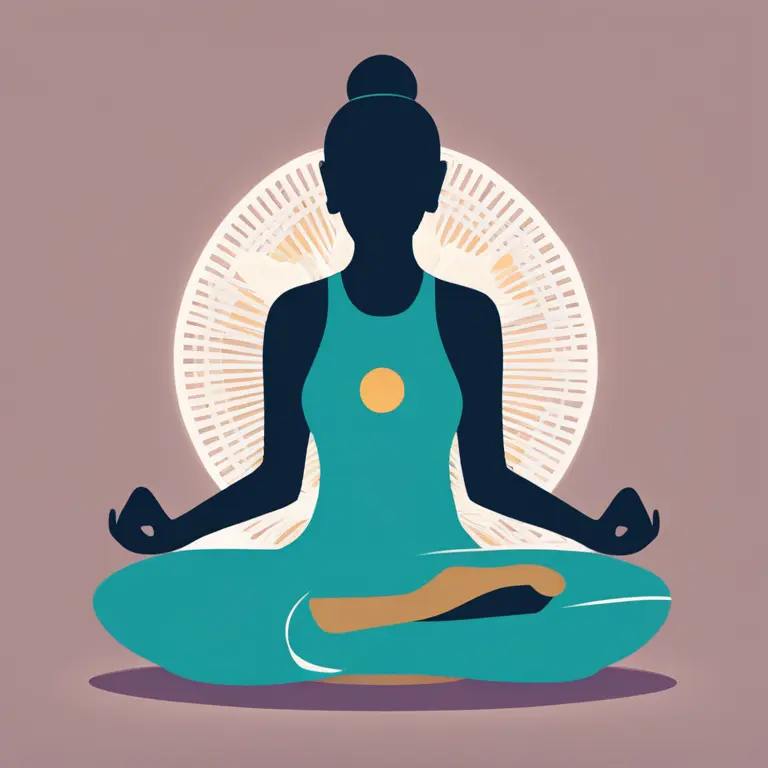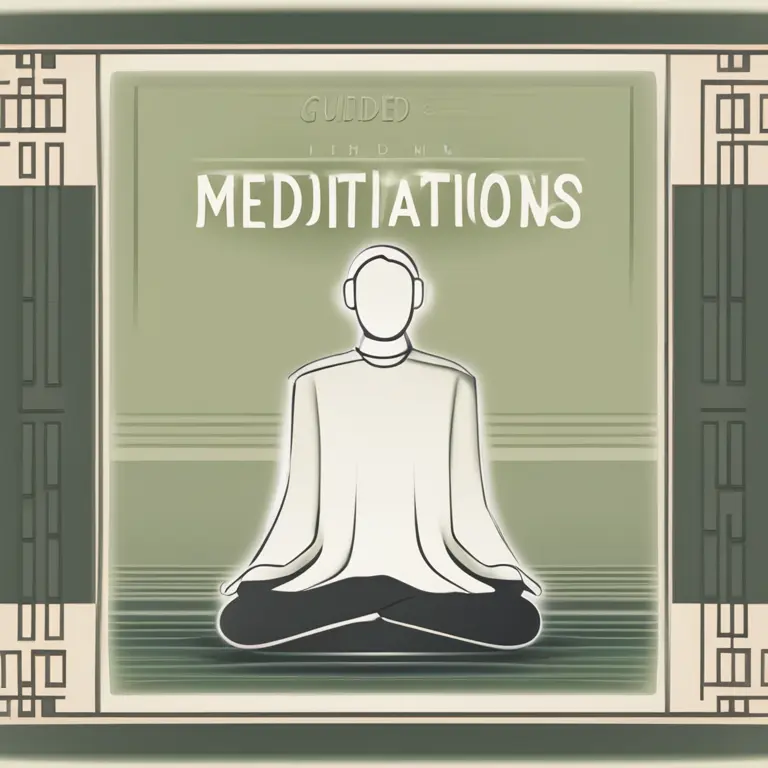
Meditative Practices for Stress and Anxiety Relief
Discover how meditation can alleviate stress and anxiety with practical steps in this concise guide for inner peace and mental wellness.
article by Hina Kurosawa
Introduction to Meditation and Mental Wellness
In a fast-paced world, the search for tranquility becomes more pressing, and meditation emerges as a beacon of peace. Cultures around the globe have long practiced meditation for both spiritual and health benefits. With 2024 research strengthening the bond between meditation and reduced stress levels, there is no better time to incorporate this ancient art into modern wellness routines. While there are numerous methods to meditate, the core element of mindfulness remains consistent—focusing on the present moment with kindness toward oneself and one's experiences.

Understanding Stress and Its Impact
Stress is a physiological response that once served as a survival mechanism, but in today's society, chronic stress wreaks havoc on our bodies and minds. Anxiety, a related condition, often manifests as prolonged worry and tension without a specific cause. The physical repercussions of these states are now widely recognized and include disrupted sleep, weakened immune function, and increased risk for chronic diseases. Meditation stands out as a non-pharmaceutical remedy that can counter these effects by encouraging a state of rest and recovery.

Meditation Techniques for Beginners
If you're new to meditation, start with the basics. Find a quiet, comfortable space where you can sit without interruptions. Commit to a short duration, even five minutes can be beneficial. Close your eyes and focus on your breath, noticing the rise and fall of your chest or the sensation of air entering and exiting your nostrils. When your mind wanders, as it naturally will, gently redirect your focus back to your breath. This simple practice is the foundation of mindfulness meditation and can be expanded upon as you progress.

Progressing with Guided Meditations
As you become more comfortable with self-guided practices, exploring guided meditations can add variety and depth to your routine. Guided meditations often involve a narrator instructing you through relaxation techniques, visualizations, or affirmations. These can be found across various online platforms, apps, and local wellness centers, adapting to your personal needs and preferences. The guidance can be particularly beneficial to those who find it challenging to maintain focus or who enjoy thematic sessions targeting specific concerns such as stress or anxiety.

Integrating Meditation into Daily Life
Meditation doesn't have to be confined to a designated time and place. Informal practices can interweave meditative principles into daily activities. Try performing a walking meditation, where your steps and breath sync in a rhythm, or practice mindfulness while doing household tasks, paying close attention to the sensations and movements involved. This approach allows meditation to become a living part of your life, constantly accessible to soothe stress and anxiety.
Emerging Trends in Meditation Technology
Advancements in technology offer new avenues to enhance meditation. Virtual reality meditation programs, biofeedback devices, and AI-driven mindfulness apps emerge, specifically designed to aid relaxation and mental health. The technology aims to customize experiences to individual patterns, making meditation more accessible and effective for people of diverse backgrounds and needs. With the continuous development of such tools, the fusion of ancient practice and modern innovation holds great potential.
Long-Term Benefits and Practices
Scientific evidence underlines the fact that regular meditation practice leads to long-term changes in brain function, correlating with decreased anxiety and improved stress management. Individuals who establish a consistent meditative practice report heightened awareness, enhanced emotional health, and increased resilience to life's challenges. The key is consistency; by integrating meditation into your daily schedule, you nurture a habit that ages well with time, continually contributing to your overall wellbeing.
Published: 1/14/2024
Modified: 1/15/2024
More predictions
Come back here soon to learn more about yourself and your future


Calming the Storm: Mindfulness Meditation for Anger
Discover how mindfulness meditation can be a powerful tool for anger management, promoting inner peace and emotional balance.


Mindfulness & Meditation: A Guide for High Schoolers
Discover the benefits of mindfulness meditation tailored for the hectic life of high school students, and learn simple strategies to incorporate it into the daily routine.


Easing Loneliness with Meditation
Discover how mindfulness meditation can provide solace and connection to mitigate feelings of loneliness, enhancing emotional and mental well-being.